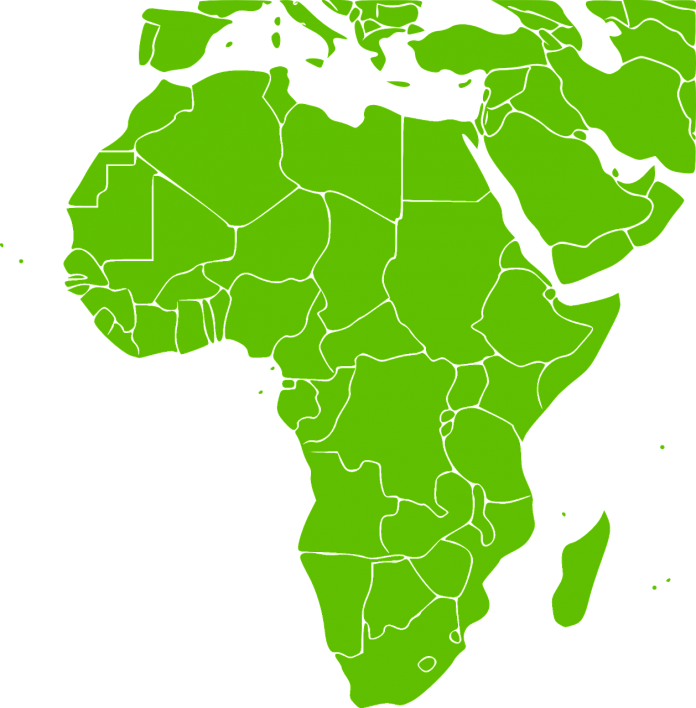UN Security Council warned Da'esh still pose a threat

Senior counter terrorism experts have told the UN Security Council that tackling the threat of terrorism through comprehensive approaches remains a priority, and force alone is not the solution.
Vladimir Voronkov, under-secretary-general, United Nations Office of Counter-Terrorism said that ethnic and regional disputes are conflating with the agenda of terrorist groups. Voronkov was pressing the the eighteenth report of the Secretary-General on the threat posed by Islamic State in Iraq and the Levant (ISIL), also known as Da’esh, to international peace and security and the range of United Nations efforts in support of Member States in countering the threat.
It was reported that despite a reduction in Daesh’s operational capacity in some regions, depletion of its financial reserves, and internal challenges due to the delay in announcing a new leader, the risk of the group’s resurgence remains high.
Voronkov said that Da’esh affiliates in West Africa and the Sahel are on the rise and continue to operate with increasingly more autonomy. If this continues, he said, it is possible that a vast area of instability may emerge from Mali to the borders of Nigeria.
Natalia Gherman, executive director of the Counter-Terrorism Committee Executive Directorate (CTED) highlighted the importance of ensuring accountability and justice for terrorism-related crimes. She also pointed out the the misuse of new and emerging technologies, such as unmanned aircraft systems, by terrorist groups.
Jürgen Stock, secretary general of the International Criminal Police Organization (INTERPOL), said that Africa and Central Asia are high-priority theatres for the resurgence of Da’esh
Image by Clker-Free-Vector-Images from Pixabay
digital issue




















